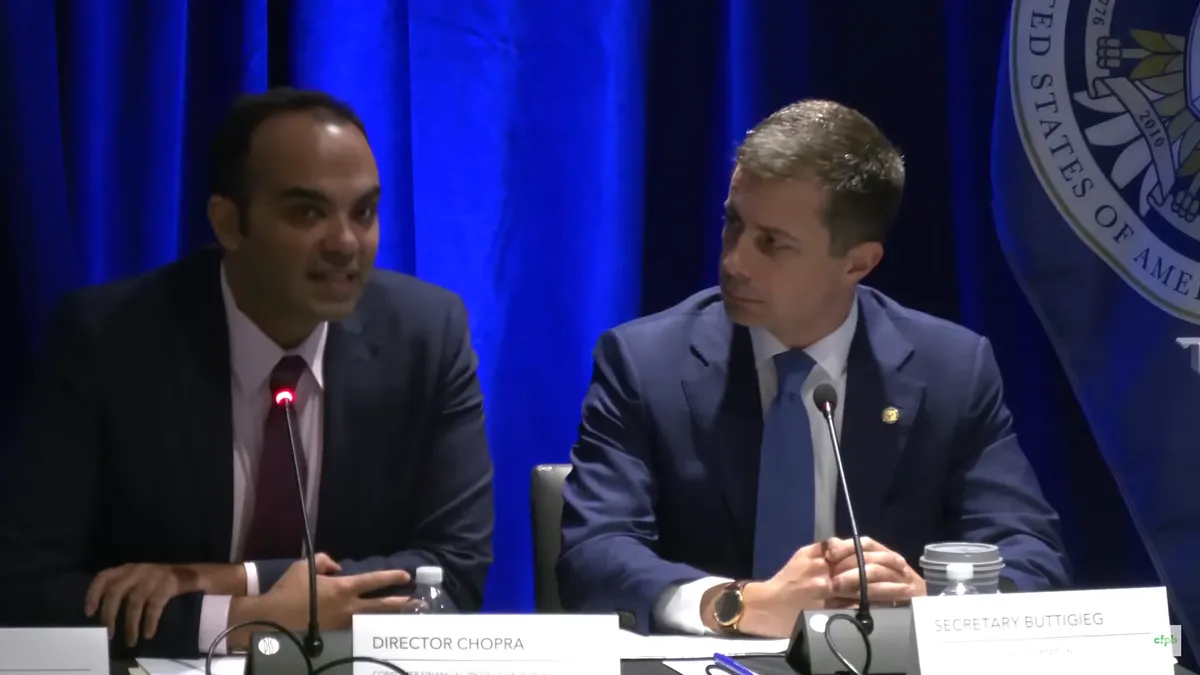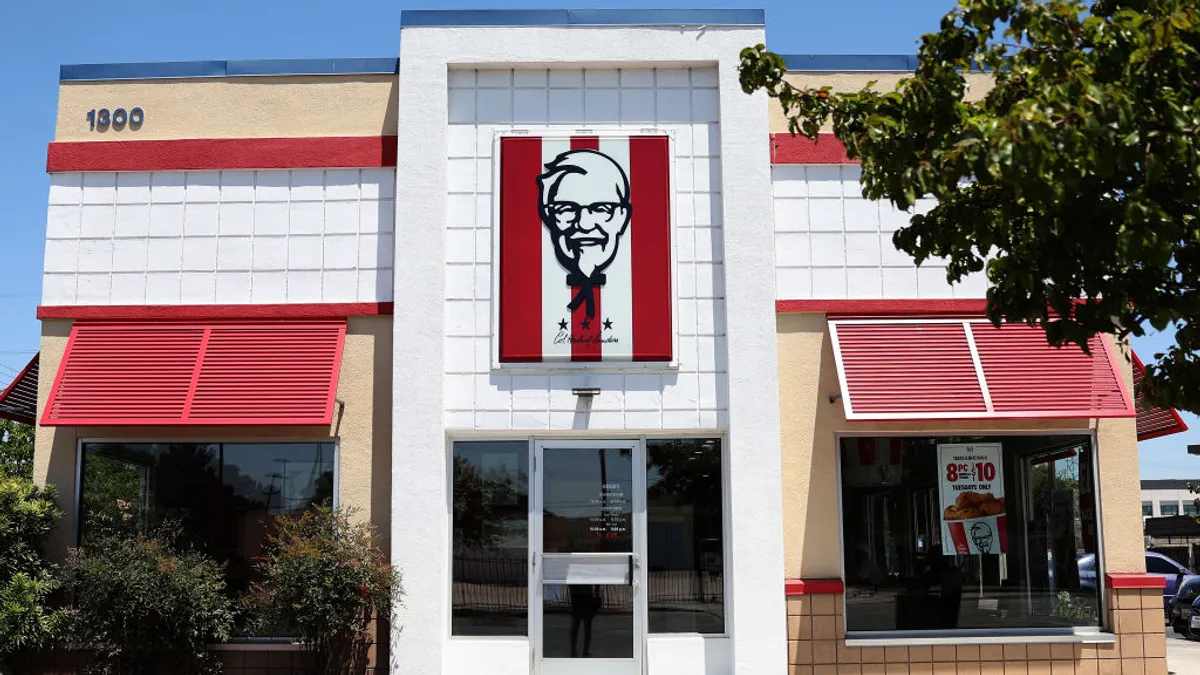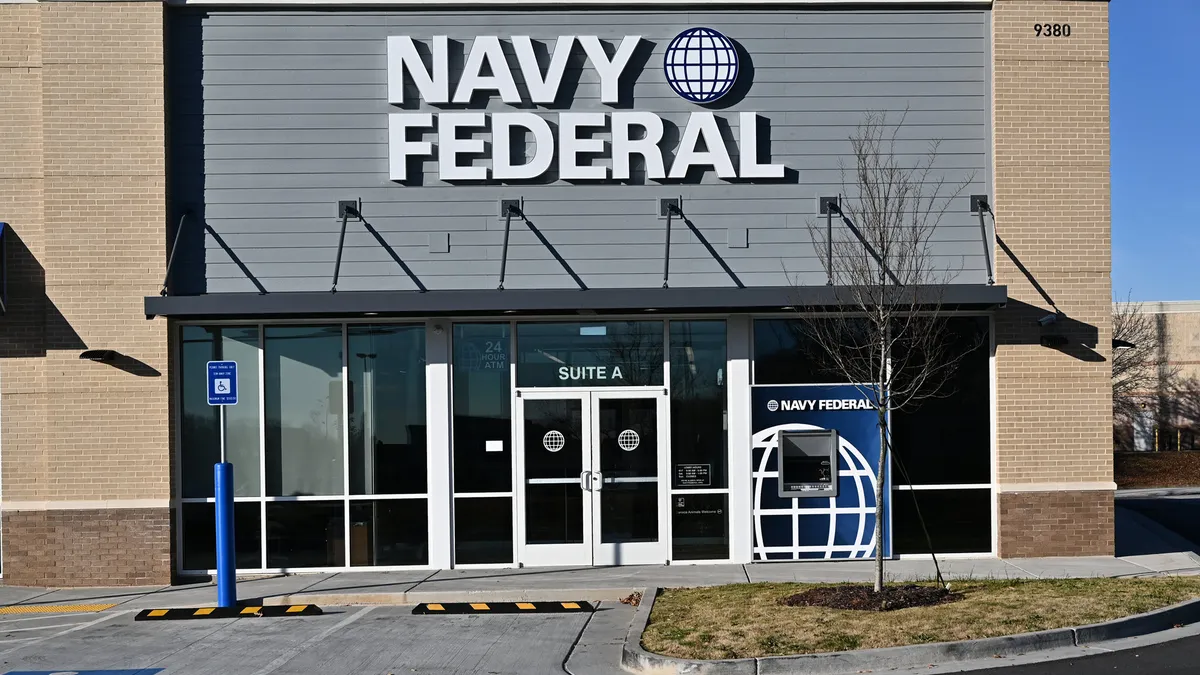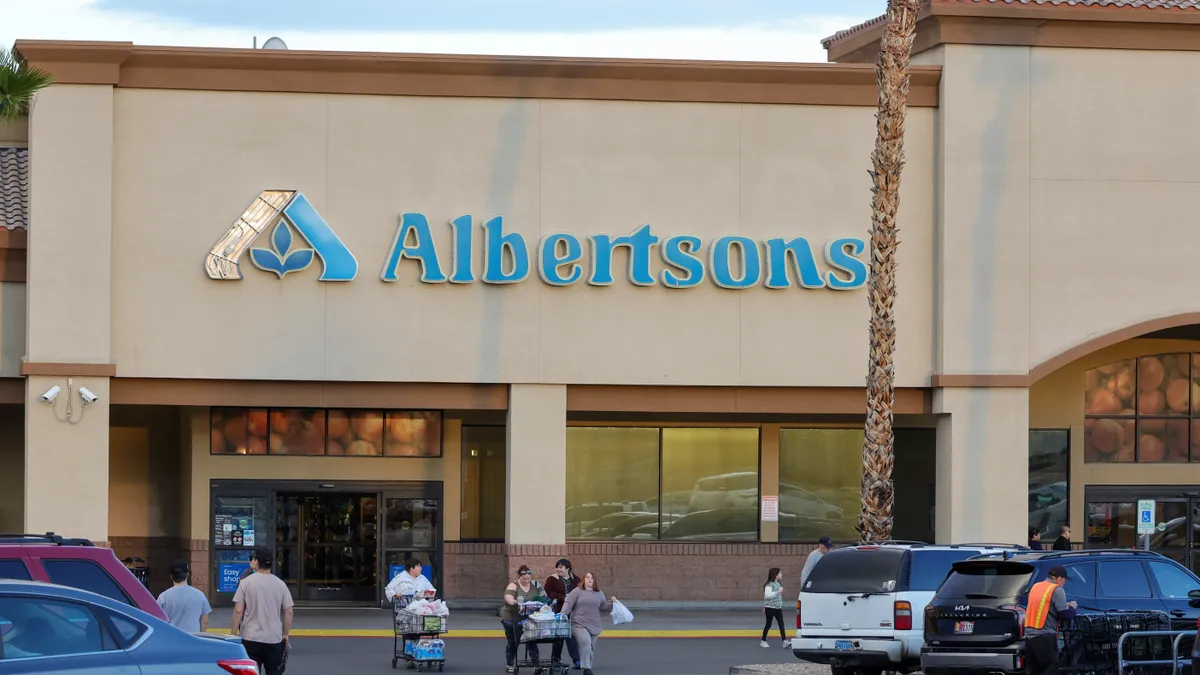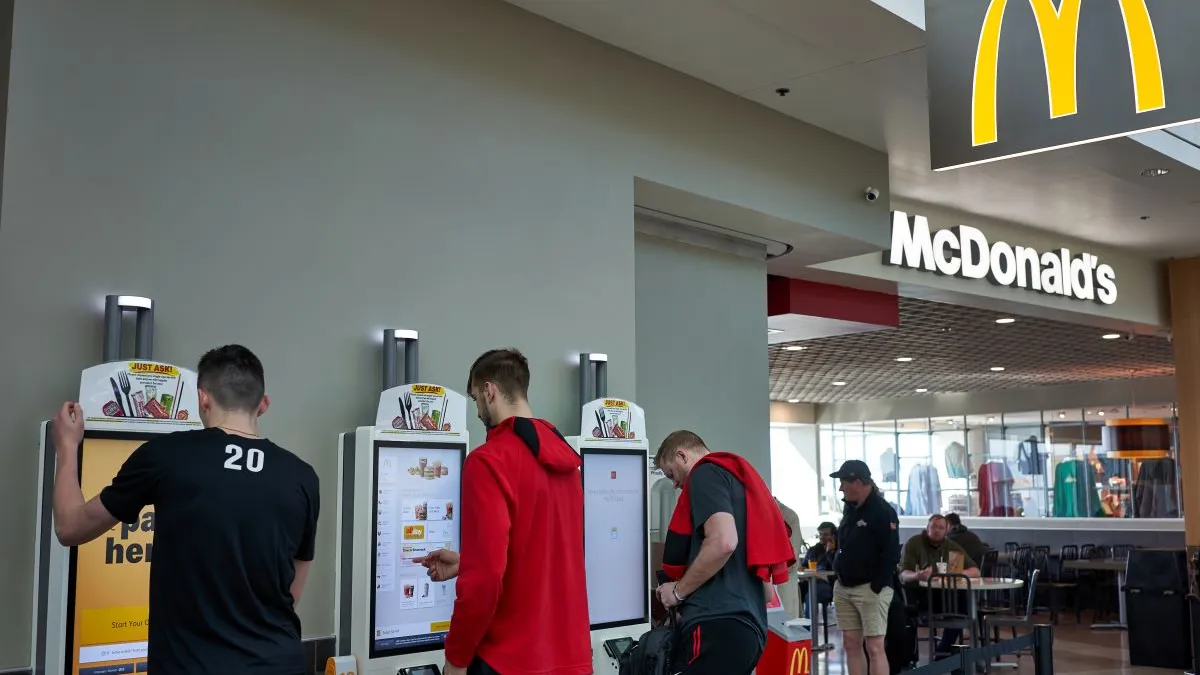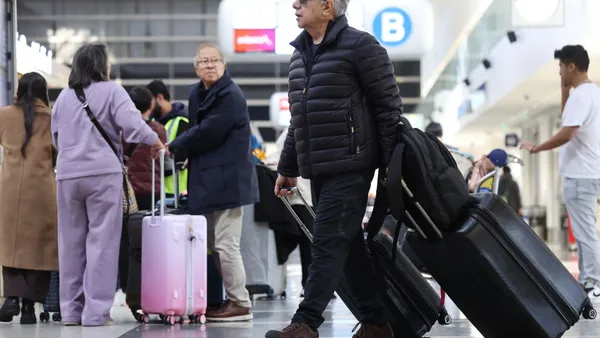Consumer Financial Protection Bureau Director Rohit Chopra took aim at airline frequent flier rewards programs and credit card industry players Thursday, saying the programs "evolved from a perk for an airline’s most loyal customers to a multi-billion-dollar currency market."
During a public event at bureau headquarters in D.C., Chopra was joined by U.S. Secretary of Transportation Pete Buttigieg, who said that the joint CFPB-Department of Transportation hearing was prompted by concerns that “for many Americans point balances are significant enough that they amount to part of our savings” even though “the value of points in miles is completely up to the companies that issue them.”
After each giving opening remarks, Buttigieg and Chopra moderated a panel discussion that included heads of credit unions and small banks, consumer advocates and executives of small airlines.
Both Buttigieg and Chopra asked questions about the value of points accrued by passengers who enroll in frequent flier programs and who use airline-branded credit cards. Chopra raised the concern that a loophole in credit card agreements allows companies to switch terms in the middle of the contract, potentially devaluing points after customers had accrued them.
“Many consumers, they're saving up, whether it's in their own bank account or their own points,” Chopra said. “And when all of a sudden they don't even know what those points are worth any more, I think that really can pose some real problems.”
The ability to devalue or restrict redemption of rewards points may become crucial as airlines get larger, according to Morgan Harper, one of the panelists at the event and director of policy and advocacy at the American Economic Liberties Project, an antitrust nonprofit organization.
“Delta has over 1% of GDP that is being spent on their AmEx Delta cards,” Harper said. “When you have that much money that's involved in the programs that you're running, your whole calculation changes. You actually can't afford to redeem all of those rewards.”
In addition to consumers, competition in the airline industry could be harmed by the rewards programs, according to Buttigieg. “One of our concerns, of course, is what role these programs may play in affecting the ability of other players, smaller players or newer players to compete,” he said.
Chopra added that the consolidation of both the airline industry and credit card industry could be connected. “It does feel like competition and concentration in both of these markets affect each other,” he said. Smaller credit card issuers, such as small banks and credit unions, would not be able to offer rewards from the big airlines, leaving customers locked into certain credit cards that might offer less competitive interest rates, according to Chopra.
“Air travel is not competitive. It's dominated significantly by four major carriers,” said another panelist, Erin Witte, who is the Consumer Federation of America’s director of consumer protection. The federation is an association of nonprofit consumer groups. She added that “it really makes sense to zero in” on how larger airlines can get “more more favorable terms with banks about these rewards programs and then not follow through on that promise to consumers.”
Witte and Harper were joined on the panel by Allegiant Air Chief Marketing Officer Scott DeAngelo, Apple Federal Credit Union CEO Andrew Grimm, Association of Flight Attendants International President Sara Nelson, Breeze Airways Chief Commercial Officer Lukas Johnson, OneUnited Bank General Counsel Robert Patrick Cooper and Spirit Airlines Chief Commercial Officer Matthew H. Klein.
The hearing elicited a rapid response from the Electronic Payments Coalition, a card industry trade group. “This is just political theater designed to grab attention and bully U.S. companies opposing proposed government mandates,” EPC Executive Chairman Richard Hunt said in a Thursday email.
The EPC also released a rebuttal of what it called a “politically motivated report” released by the CFPB that was related to the hearing. The report said that consumers encountered a myriad of issues related to airline rewards programs including “hidden conditions,” devaluation, problems with redemption and revocation of previously earned awards.
That same afternoon, Illinois Democrat Sen. Dick Durbin took to the Senate floor to criticize airlines’ rewards programs, according to a press release from his office. "There are troubling reports that airlines use their loyalty programs to engage in abusive, unfair, and sometimes deceptive practices," Durbin said, according to the release. He is co-sponsoring a bill, the Credit Card Competition Act, that would require more than just Visa and Mastercard networks be available for processing of credit cards.
A trade group that backs the legislation, the Merchant Payments Coalition, also issued a release on the topic Friday. "Banks and airlines are taking away peoples’ rewards by devaluing them and making them hard to use,” MPC Executive Committee member Doug Kantor said in the release. “If they had more competitors pushing them to do the right thing, consumers would be treated better."



